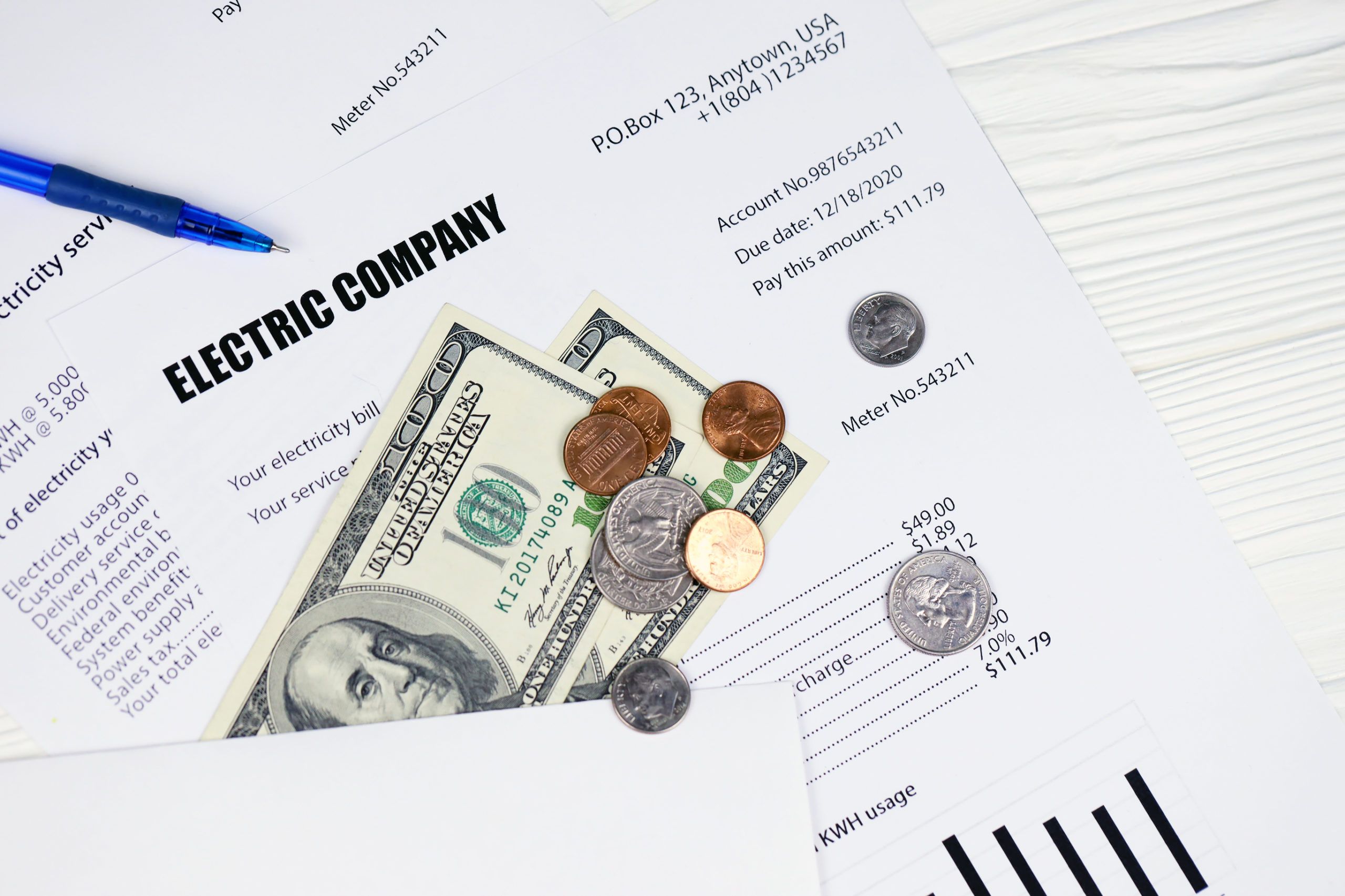
Energy Usage in Your Home
Typical homes contain dozens if not hundreds of energy-consuming parts. Heating and cooling systems, light bulbs, refrigerators, coffee makers, vacuums, and many more items in your home depend on electrical energy to operate. Let’s take a look at the energy users and learn more about which consume the most electrical power.
Heating and Cooling Systems
It is very likely that your HVAC system is the largest energy user. Even if you heat your home with natural gas, bottled gas or oil, the heated air does not circulate around your home without a blower that is powered by an electric motor. Ceiling fans are great to keep warm air circulating; ceiling fans are powered by electric motors.
Conventional air conditioners are big users of electrical energy. Electrical-powered compressors generate cool air and electric motor-powered blowers circulate the cool air. Heat pumps and geothermal systems are highly efficient for heating and cooling. They use the natural heat in the air and underground to heat and cool your home. But they require electric motors to pump and circulate the air and coolant that heat and cool the home.
In most homes, the heating and cooling systems are the largest user of electrical power. These systems typically account for nearly 50% of your total energy usage. Your toaster oven and hair dryer may be energy hogs, but they only get used occasionally. Your heating and cooling system operates nearly year round and nearly 24 hours every day.
Refrigerators and Freezers
Refrigerators and freezers are appliances that also require electrical power 24/7/365. Modern refrigerators are well insulated and well-sealed, making them highly efficient. A full freezer with solidly frozen food and a good seal is especially efficient. The frozen foods themselves keep the temperature low with the compressor motor seldom needing to run. Less than 5% of total home electrical usage should be attributed to refrigerators and freezers.
Water Heater
A conventional tank-type water heater requires 10-12% of energy usage. Gas-burning water heaters use much less electrical power, but gas is still part of home energy costs. The greatest inefficiency in a tank-type water heater is they keep water hot 24/7/365—all day, all night and all through your out-of-town vacation. A tankless water heater only heats water as you use it, making it significantly more efficient. The energy savings is not enough to justify replacing a working tank-type water heater, but when the tank needs to be replaced, it is a good idea to consider tankless.
Washer and Dryer
Laundry machines are big electrical users, using as much as 12-15% of total electrical usage. Power usage can vary significantly depending on the number of loads to be washed and dried. Newer machines with larger capacities make it possible to wash fewer loads with improved operational efficiency.
Lights and Other Appliances
Light bulbs, microwave ovens, computers, televisions, phone chargers, coffee makers, cooling fans, power tools, and all other small appliances account for the balance of home electrical usage. Most of these items are only used occasionally, while some are on 24/7/365. Think of the little lights in your doorbell button, your coffee maker, and charging station that indicate power is on.
Make a count of all of the items in your home that require electricity. Don’t be surprised if there are over 100 light bulbs and at least 50 small electric-powered devices. Individually, they don’t consume much electricity, but collectively they can account for nearly a quarter of total usage.
Look for efficiencies in all areas. Look to your heating and cooling system for the biggest efficiency improvement. Keep your home a little cooler in winter and a little warmer in summer. Keep your heating and cooling system in good working condition, and get it tuned up every year. When it comes time for a replacement, purchase a high-efficiency system from Semper Fi Heating & Cooling.
Table of Contents
Other Blogs You May Be Interested In
Categories


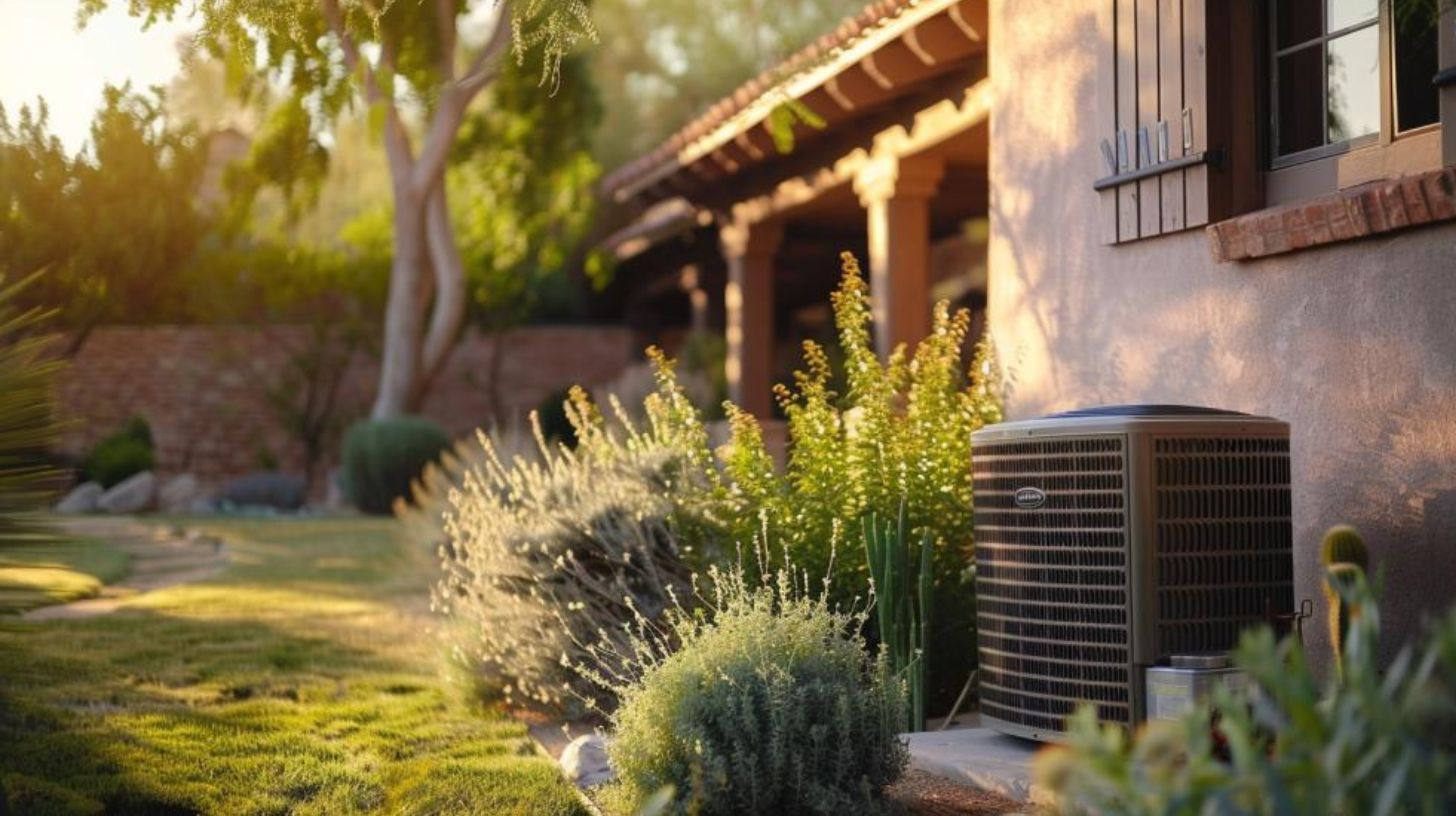
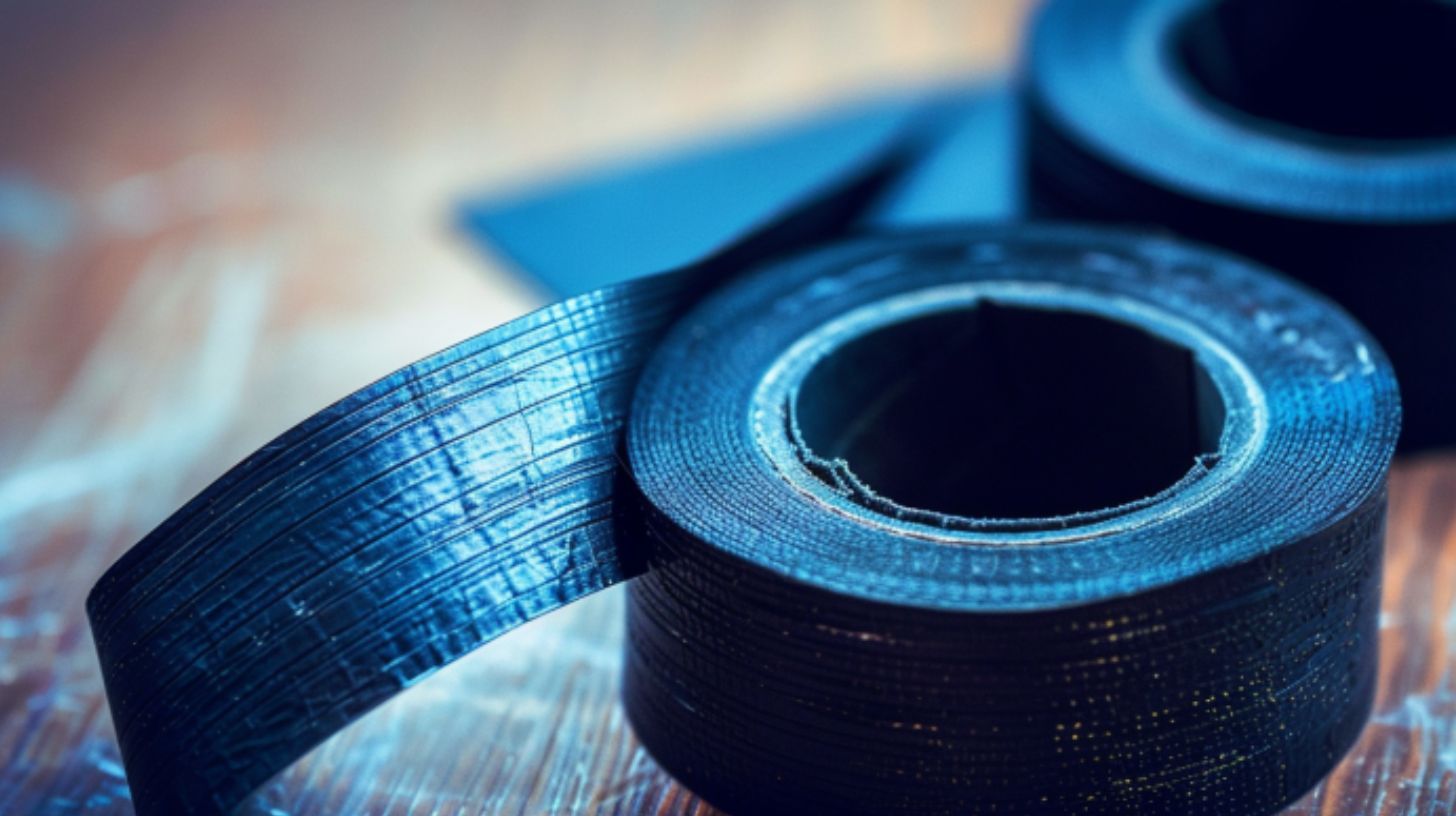
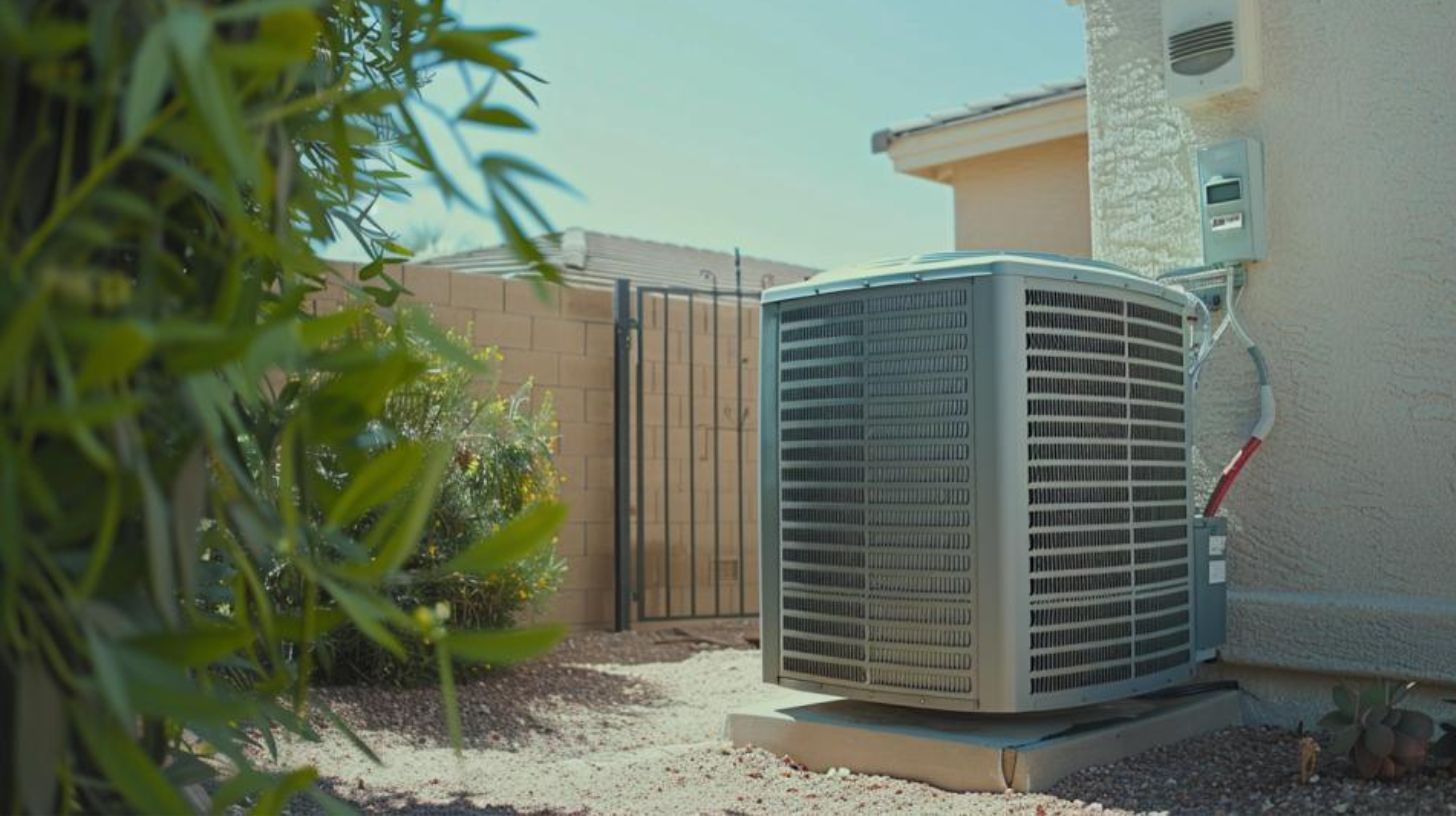

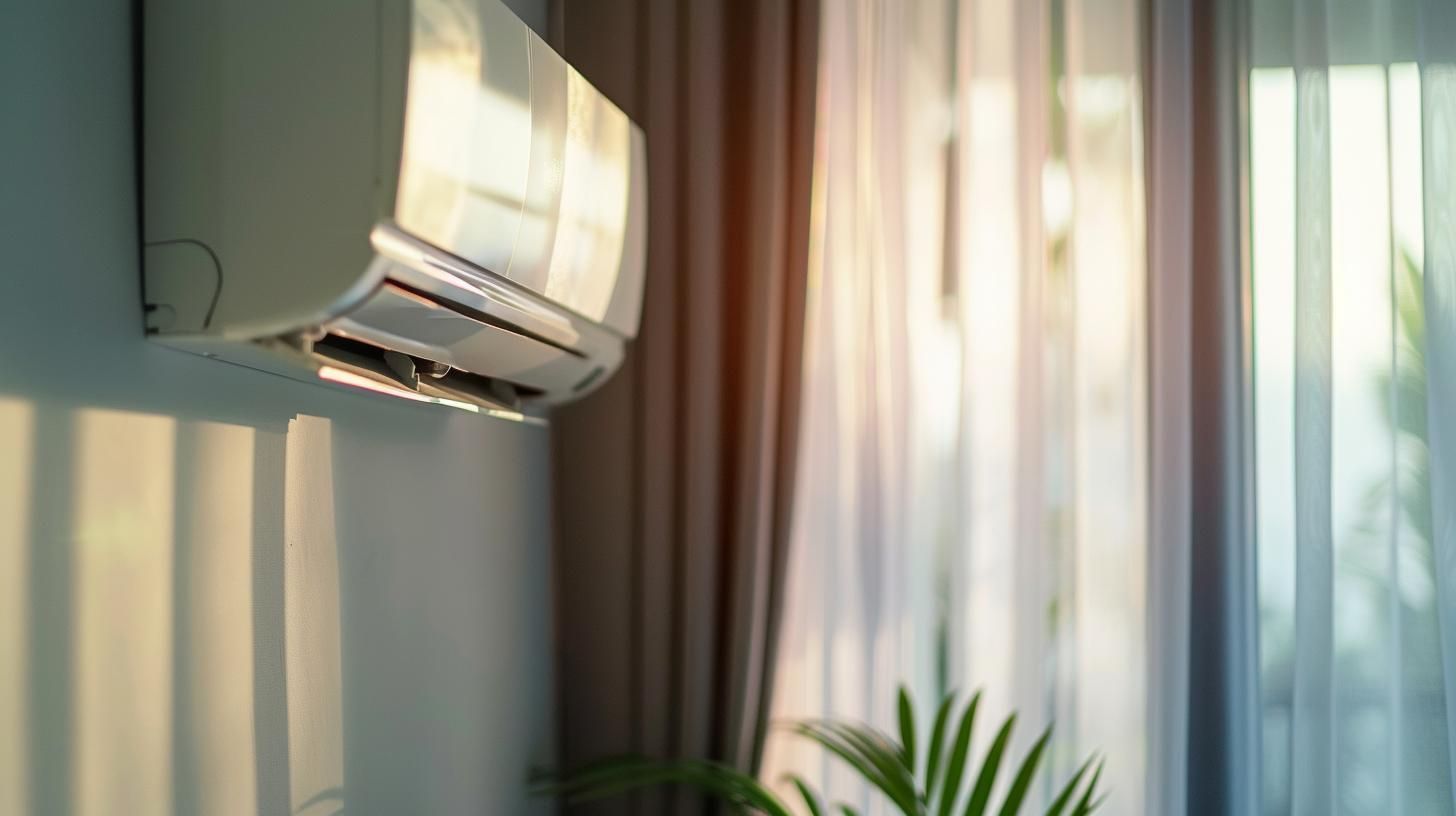
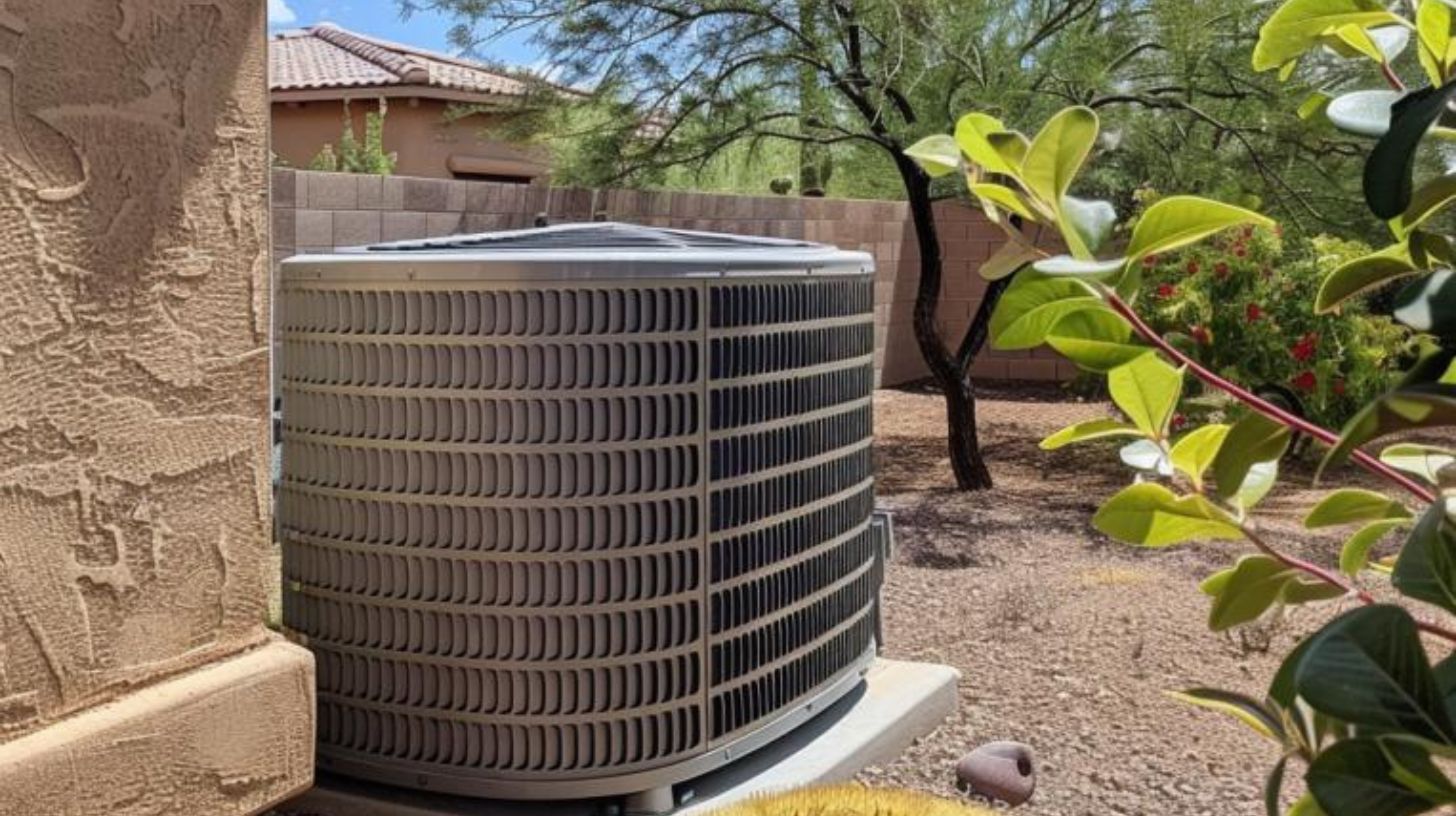
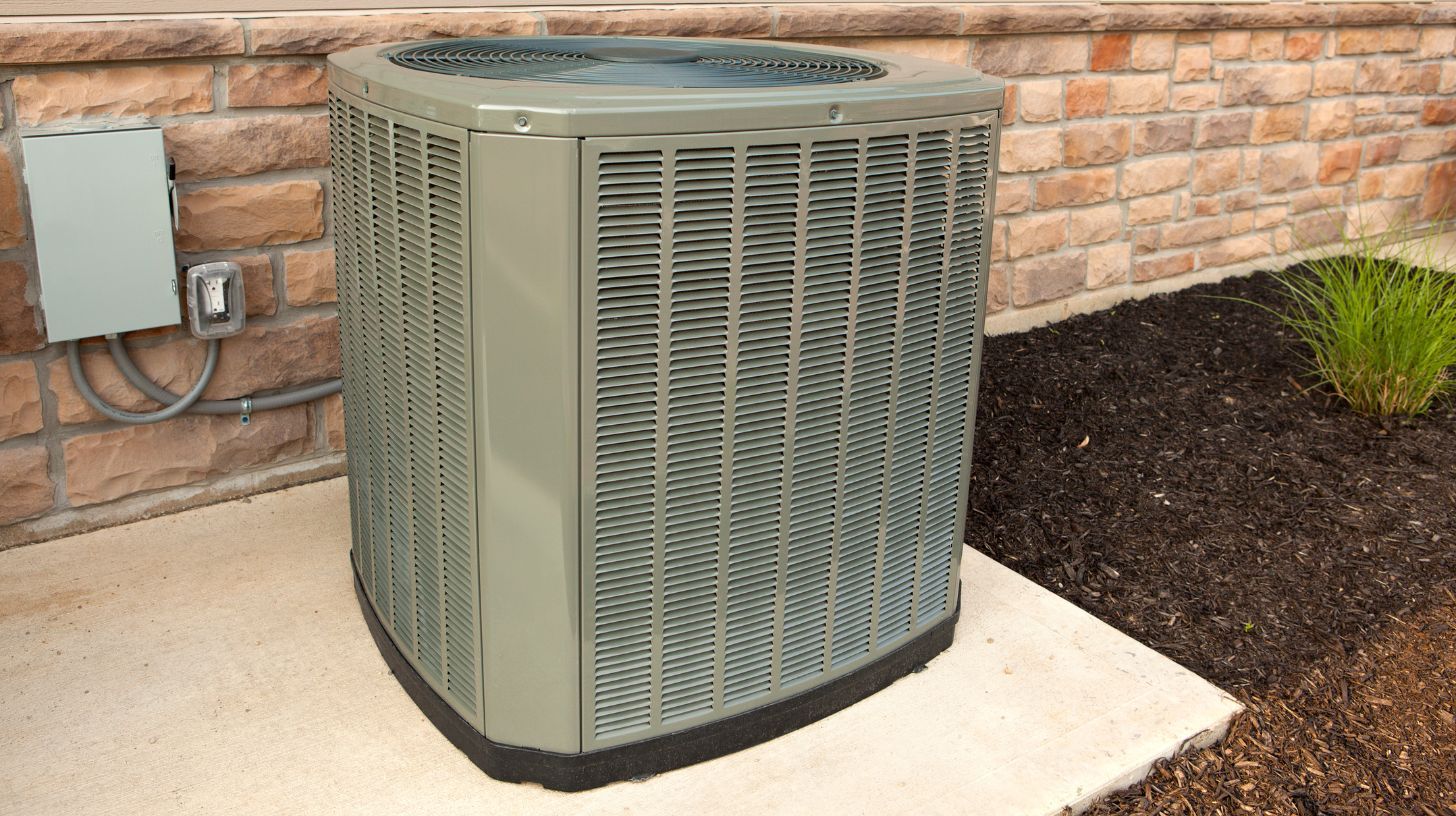
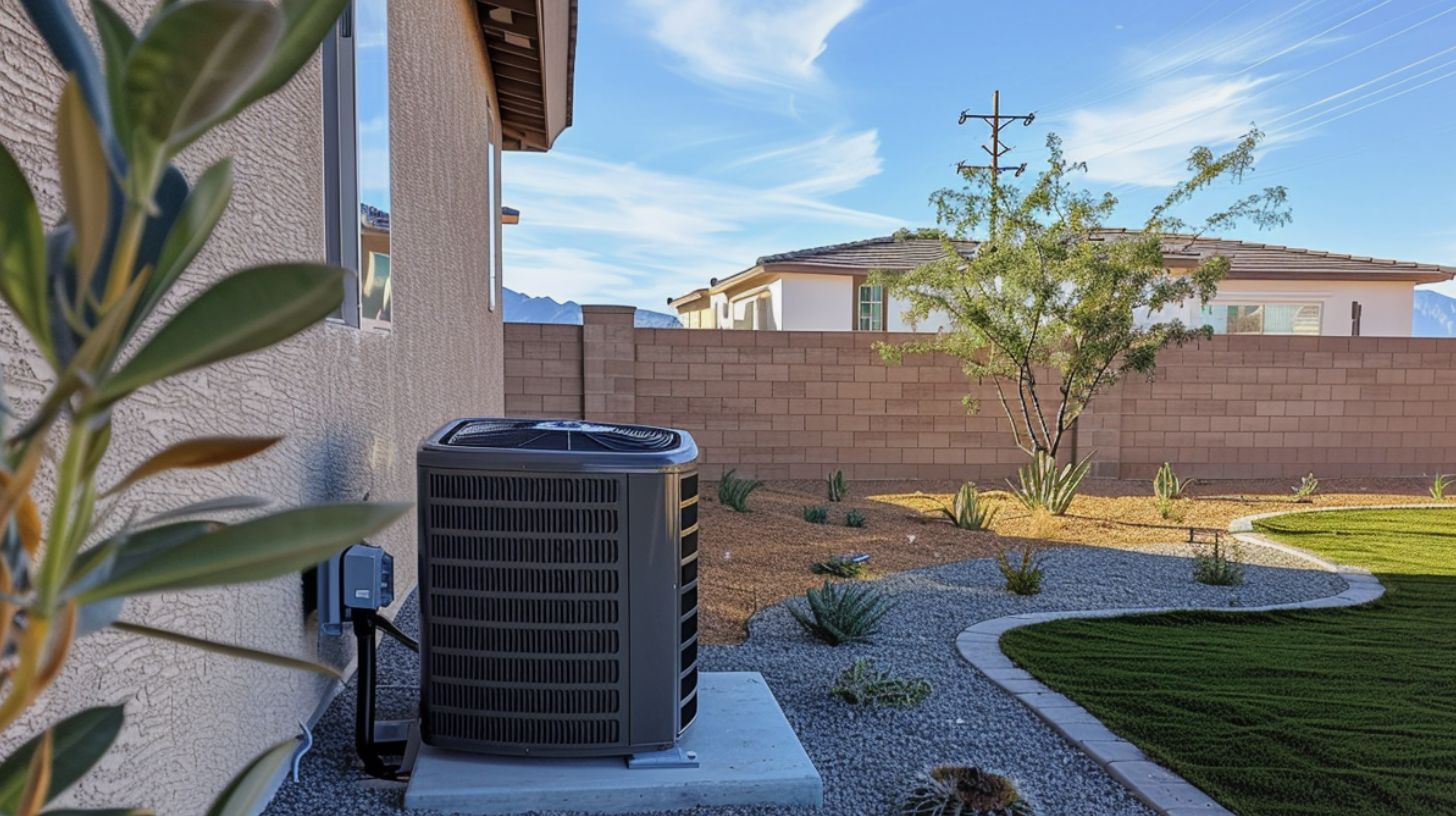
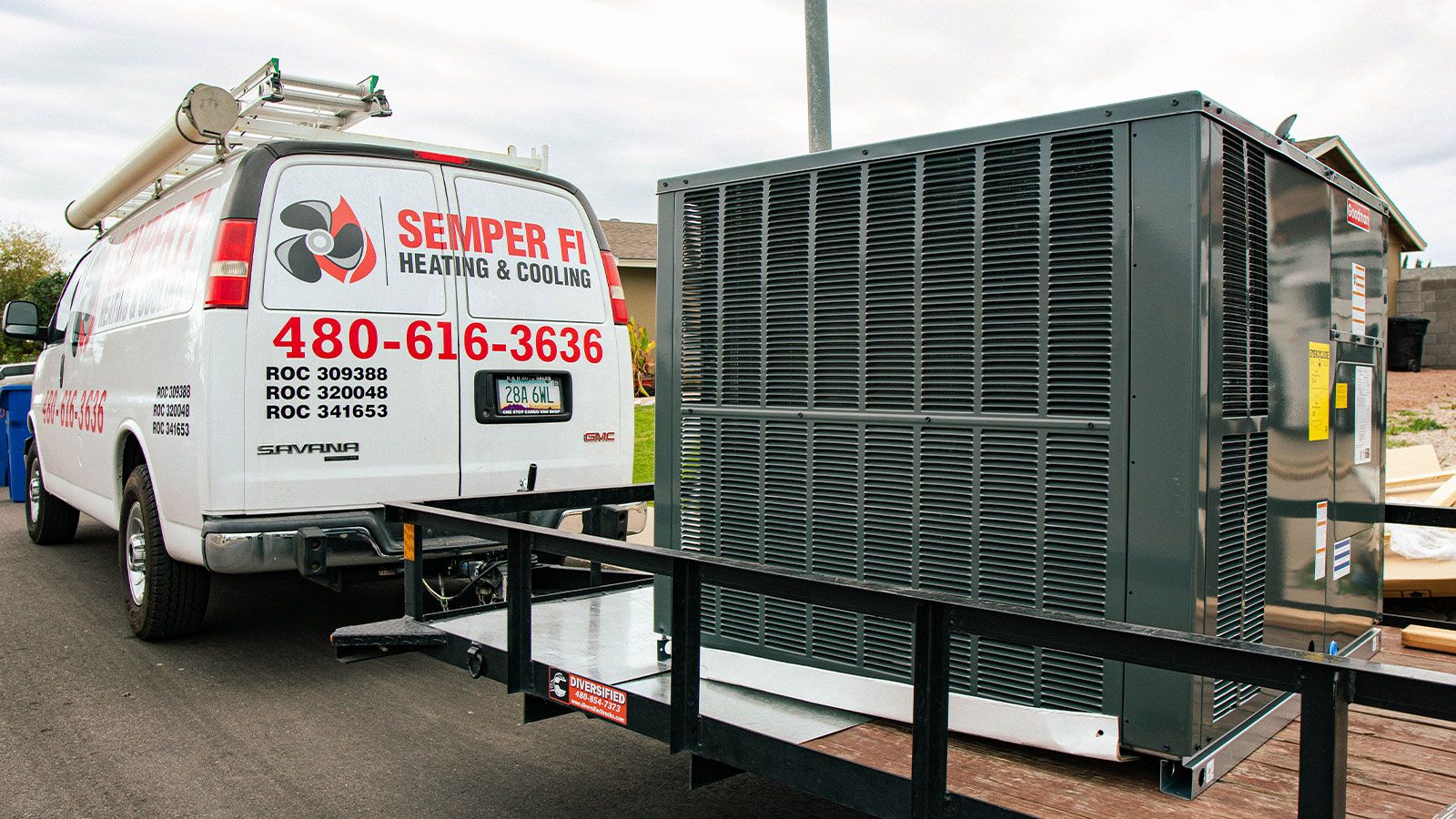
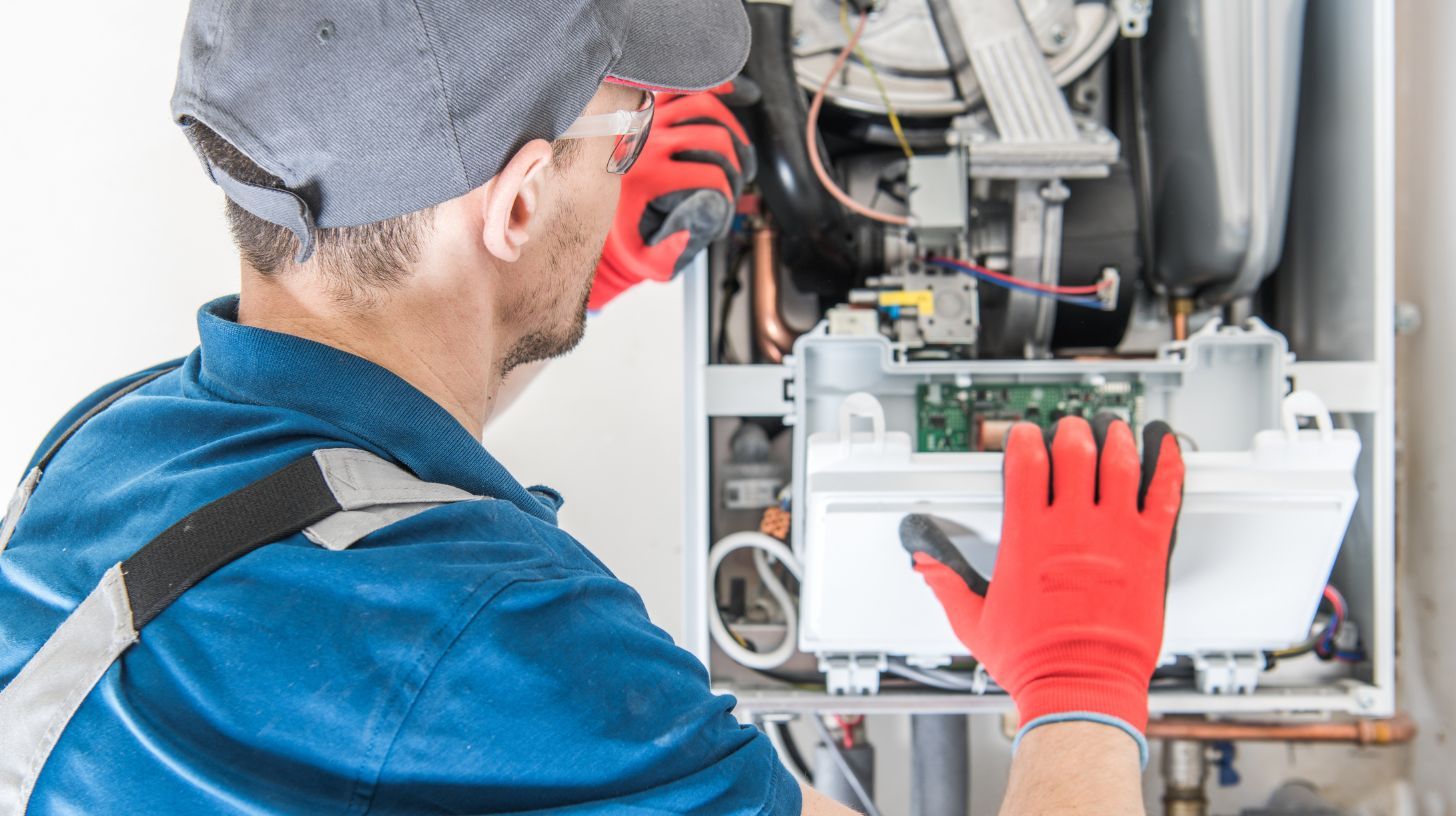
Leave a Reply